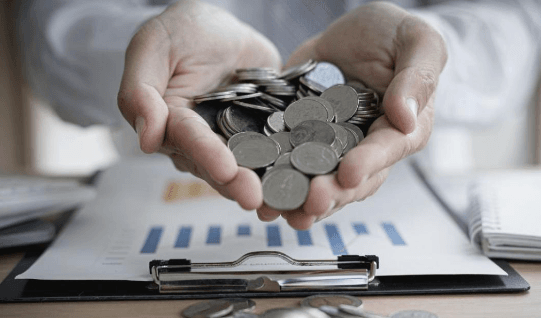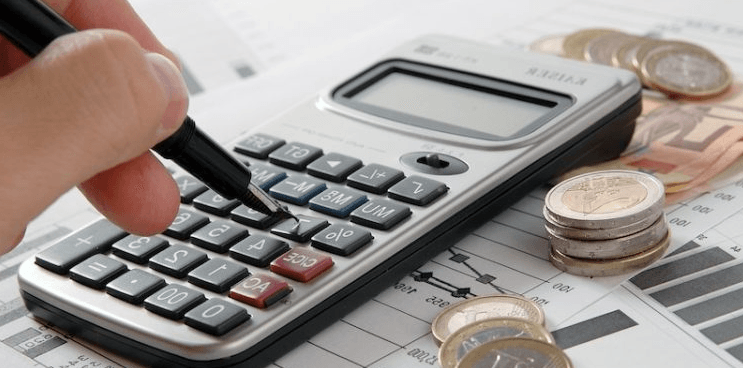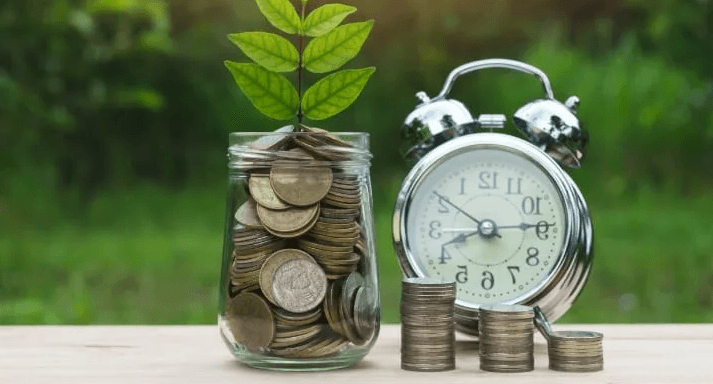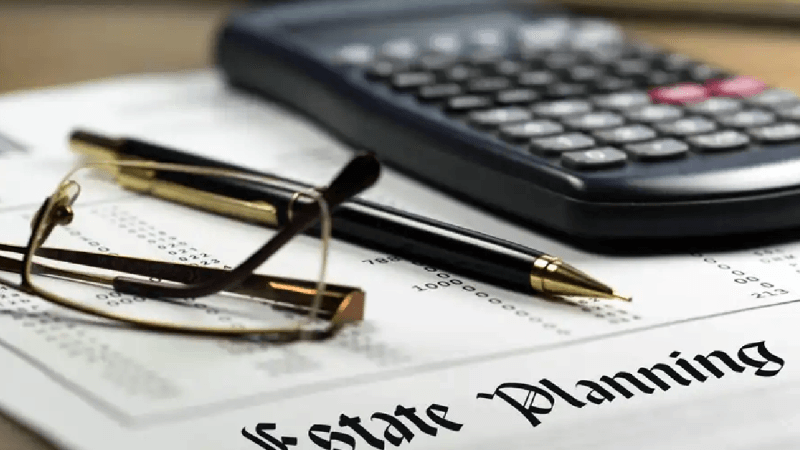
These days, saving money can be a big challenge. Daily expenses can easily pile up and leave little room for savings. However, it is possible to make small changes in our spending habits and lifestyle to reduce unnecessary expenses and have more money available to reach our financial goals. This article offers practical advice on how to save on your daily expenses without sacrificing quality of life or giving up on your long-term financial goals.
Analyze your expenses
The first step to saving money is to know what you are spending it on. Make a list of all your daily, weekly and monthly expenses. This includes things like food, transportation, entertainment and bills.
Then go through that list and try to identify expenses that you could reduce or eliminate altogether. Do you really need to drink a $5 coffee every morning or buy new clothes every week? Think of ways to reduce these expenses without compromising your quality of life.

Another thing you could do is set a budget for each expense category. For example, if you realize you are spending too much on eating out, you could set a weekly limit for those expenses. Analyzing your spending will help you identify areas where you can save money and make more informed decisions about your budget.
Set a monthly budget
To control your daily expenses and save money, it is essential to establish a monthly budget. This involves identifying your income and your fixed and variable expenses, and assigning an amount for each category. This way, you will have a clear view of your finances and will be able to adjust your expenses if necessary.
Write down all your expenses in a list and classify them in categories such as housing, transportation, food, leisure, among others. Assign to each category an amount you can afford to spend per month and respect that limit. If you reach the end of the month with money left over in any category, you can allocate it to other areas or save it for future expenses.
Learn to differentiate between needs and wants
One of the keys to saving on your daily expenses is to learn to differentiate between what you really need and what you simply want. Necessities are those expenses that are essential to cover your basic needs, such as food, shelter and health. On the other hand, wants are those expenses that are not strictly necessary, but that you can afford if you have a comfortable budget.

To identify whether an expense is a need or a want, ask yourself if you really need it to live or if it is just something you would like to have. Think of cheaper alternatives to satisfy those wants, such as looking for similar but lower-priced products or waiting for a sale or promotion.
By learning to differentiate between needs and wants, you will be able to make more conscious decisions and reduce your unnecessary spending, which will allow you to save more money for your long-term goals.
Shop smart
To save on your daily expenses, it's important to shop smart. Here are some tips:
- Shop around before you buy. Don't buy the first thing you see.
- Take advantage of offers and discounts, but don't get carried away and buy only what you need.
- Buy products in bulk to save in the long run.
- Do not buy products with a close expiration date if you are not going to use them soon.
- Avoid buying products with brands recognized only by name, as they may have higher prices without having a higher quality.
Follow these tips and you will see how you can save on your daily purchases without having to sacrifice quality.
Take advantage of deals and discounts
One of the best ways to save on your daily expenses is to take advantage of offers and discounts offered by commercial establishments. Many times, these discounts can be up to 50% off the original price of a product or service.
In order to make the most of these offers, it is important to be aware of the catalogs and promotions offered by the establishments, either on their website or in their physical stores. It is also advisable to subscribe to their electronic newsletters to receive information on exclusive promotions.

Another tip is to plan purchases according to current offers. This involves making a list of what you need and comparing prices among different establishments before making the purchase. This way, you will be able to take advantage of the best deals and save a considerable amount of money on your daily expenses.
In short, if you want to save on your daily expenses and have more money to achieve your goals, do not miss the opportunities offered by the offers and discounts of commercial establishments.
Reduce your energy consumption
An effective way to save on your daily expenses is to reduce your home's energy consumption. Here are some tips to achieve this:
- Change incandescent bulbs for LEDs, which consume up to 80% less energy.
- Turn off appliances and lights when you are not using them.
- Unplug the chargers of your electronic devices when you are not using them.
- Use the washer and dryer only when you have full loads.
- Adjust the thermostat temperature so that the heating or air conditioning is not working harder than necessary.
By following these tips you can significantly reduce your energy consumption and save on your monthly bill.
Eliminate unnecessary expenses
Review your daily expenses and eliminate those that are not really necessary. You may be paying for services or subscriptions that you no longer use or buying products that you could get cheaper elsewhere. Identify your superfluous expenses and make an effort to reduce them or, failing that, eliminate them altogether.
Look for cheaper alternatives
One way to save on your daily expenses is to look for cheaper alternatives. For example, if you need to buy clothes, consider visiting second-hand stores or outlets instead of buying from brand-name stores.
You can also opt for generic brands instead of premium brands when shopping for groceries and cleaning products. Often, these options are just as effective but less expensive.

Another option is to review your utility package and cut back on services you don't use often. For example, if you don't watch TV regularly, consider cancelling your cable TV package and opting for less expensive online options.
Remember that every little bit of savings can add up and help you reach your long-term financial goals - always look for cheaper alternatives and make smart decisions when choosing how to spend your money!
Save on transportation and fuel
Transportation and fuel are an important part of our daily budget. However, there are ways to reduce these expenses and save money.
One way is to walk or bike whenever possible. If your destination is close by, consider walking or biking. You can also use public transportation instead of driving your own car, as it is much more economical.
Another way to save on fuel is to make sure your car is properly maintained. Keeping your tires properly inflated and changing the oil regularly can help improve fuel efficiency.
Also, consider carpooling or sharing rides with your friends or co-workers. This way, you can split expenses and save money on gas. Remember that every little action can add up and help you save money on your daily expenses.
Invest your money wisely
Investing your money is a great way to make your savings grow and generate additional income in the long run. But it's important to be wise in choosing where and how to invest.

Before making any decisions, become well informed about the investment options available and consider factors such as risk, return and term of the investment. Some popular options include the stock market, mutual funds or real estate. But you can also consider investing in your own business or an entrepreneurial venture.
Remember that any investment carries risk, so it's important to diversify your investments and not put all your eggs in one basket. Also, seek expert advice if you are unsure how to proceed. Investing your savings wisely can be an excellent way to secure your long-term financial future, but make sure you do it wisely!






